Home / trending / Supreme Court Overhauls Urgent Case Hearing System
Supreme Court Overhauls Urgent Case Hearing System
By: My India Times
3 minutes read 102Updated At: 2024-11-12

New Delhi, India – In a significant shift for India’s judicial system, Chief Justice of India (CJI) Sanjiv Khanna announced on Tuesday that oral mentions for urgent hearings will no longer be accepted. Lawyers seeking priority listings must now make requests in writing, either via email or formal letters. The new directive aims to bring structure and efficiency to the Supreme Court’s caseload, marking an end to the age-old practice of oral submissions before the Chief Justice-led bench.
This unprecedented move is expected to impact how swiftly certain cases get listed, affecting not only high-stakes petitions but also last-minute appeals. Many within the legal community view it as a decisive step toward streamlining court procedures, while others worry about potential delays in urgent cases.
A Shift from Tradition: What’s Behind the Change?
For decades, lawyers have approached the Chief Justice at the start of daily proceedings to request urgent listings. This tradition allowed advocates to make real-time cases for the urgency of their matters, with the Chief Justice deciding immediately on whether a case should jump the queue. However, CJI Khanna’s policy change seeks to reduce subjectivity in the listing process and ensure that cases are screened fairly based on written requests.
In explaining the decision, CJI Khanna emphasized the need for “a more structured approach to urgent case management,†citing transparency and predictability as core objectives.
Legal analyst Manav Mehta commented that the decision “could be a game-changer, as it establishes a more consistent and documented process, reducing the potential for subjective bias in case listings.â€
Lawyers React: Mixed Views on Efficiency vs. Accessibility
The decision has prompted a range of reactions from the legal community. While some support the move for introducing order in the process, others worry that it may limit accessibility, especially in situations where clients rely on the immediacy of oral requests for life-altering cases.
Senior advocate Indira Jaising expressed concerns about accessibility, saying, “Oral mentioning allows urgent matters—often life-or-death cases—to get heard on time. We hope the court’s new system will not add procedural delays.â€
At the same time, others view the change as a potential equalizer, eliminating the need for high-profile lawyers to persuade the court in person. Many junior advocates see it as an opportunity to focus on merit-based listings rather than relationships.
Global Perspectives: Aligning with International Standards
The Supreme Court’s new written-request system aligns India more closely with established practices in countries like the United States and the United Kingdom, where urgent listings rely on structured written submissions reviewed by a panel. Legal experts suggest that this adjustment could lend greater credibility to India’s judicial procedures on the global stage, underscoring a commitment to transparency and uniformity.
How Will Urgent Cases Be Handled Going Forward?
The new policy will take effect immediately, with the court promising efficient email and letter review systems to avoid delays. Legal experts urge the court to ensure that truly urgent matters, especially those involving fundamental rights or personal liberties, receive prompt consideration under the revised process.
CJI Khanna’s Vision for Judicial Reform
The move reflects CJI Khanna’s larger vision for judicial reform, aiming to streamline proceedings in a system often criticized for its extensive backlog. His commitment to reform has already led to positive changes, including faster case listings and digitized court processes. Many believe this latest policy will further bolster efforts toward a more efficient Supreme Court.
As this policy reshapes court proceedings, the legal community will be closely watching its implementation, assessing its impact on the balance between judicial efficiency and access to timely justice.
....New Delhi, India – In a significant shift for India’s judicial system, Chief Justice of India (CJI) Sanjiv Khanna announced on Tuesday that oral mentions for urgent hearings will no longer be accepted. Lawyers seeking priority listings must now make requests in writing, either via email or formal letters. The new directive aims to bring structure and efficiency to the Supreme Court’s caseload, marking an end to the age-old practice of oral submissions before the Chief Justice-led bench.
This unprecedented move is expected to impact how swiftly certain cases get listed, affecting not only high-stakes petitions but also last-minute appeals. Many within the legal community view it as a decisive step toward streamlining court procedures, while others worry about potential delays in urgent cases.
A Shift from Tradition: What’s Behind the Change?
For decades, lawyers have approached the Chief Justice at the start of daily proceedings to request urgent listings. This tradition allowed advocates to make real-time cases for the urgency of their matters, with the Chief Justice deciding immediately on whether a case should jump the queue. However, CJI Khanna’s policy change seeks to reduce subjectivity in the listing process and ensure that cases are screened fairly based on written requests.
In explaining the decision, CJI Khanna emphasized the need for “a more structured approach to urgent case management,†citing transparency and predictability as core objectives.
Legal analyst Manav Mehta commented that the decision “could be a game-changer, as it establishes a more consistent and documented process, reducing the potential for subjective bias in case listings.â€
Lawyers React: Mixed Views on Efficiency vs. Accessibility
The decision has prompted a range of reactions from the legal community. While some support the move for introducing order in the process, others worry that it may limit accessibility, especially in situations where clients rely on the immediacy of oral requests for life-altering cases.
Senior advocate Indira Jaising expressed concerns about accessibility, saying, “Oral mentioning allows urgent matters—often life-or-death cases—to get heard on time. We hope the court’s new system will not add procedural delays.â€
At the same time, others view the change as a potential equalizer, eliminating the need for high-profile lawyers to persuade the court in person. Many junior advocates see it as an opportunity to focus on merit-based listings rather than relationships.
Global Perspectives: Aligning with International Standards
The Supreme Court’s new written-request system aligns India more closely with established practices in countries like the United States and the United Kingdom, where urgent listings rely on structured written submissions reviewed by a panel. Legal experts suggest that this adjustment could lend greater credibility to India’s judicial procedures on the global stage, underscoring a commitment to transparency and uniformity.
How Will Urgent Cases Be Handled Going Forward?
The new policy will take effect immediately, with the court promising efficient email and letter review systems to avoid delays. Legal experts urge the court to ensure that truly urgent matters, especially those involving fundamental rights or personal liberties, receive prompt consideration under the revised process.
CJI Khanna’s Vision for Judicial Reform
The move reflects CJI Khanna’s larger vision for judicial reform, aiming to streamline proceedings in a system often criticized for its extensive backlog. His commitment to reform has already led to positive changes, including faster case listings and digitized court processes. Many believe this latest policy will further bolster efforts toward a more efficient Supreme Court.
As this policy reshapes court proceedings, the legal community will be closely watching its implementation, assessing its impact on the balance between judicial efficiency and access to timely justice.
By: My India Times
Updated At: 2024-11-12
Tags: trending News | My India Times News | Trending News | Travel News
Join our WhatsApp Channel

Similiar News
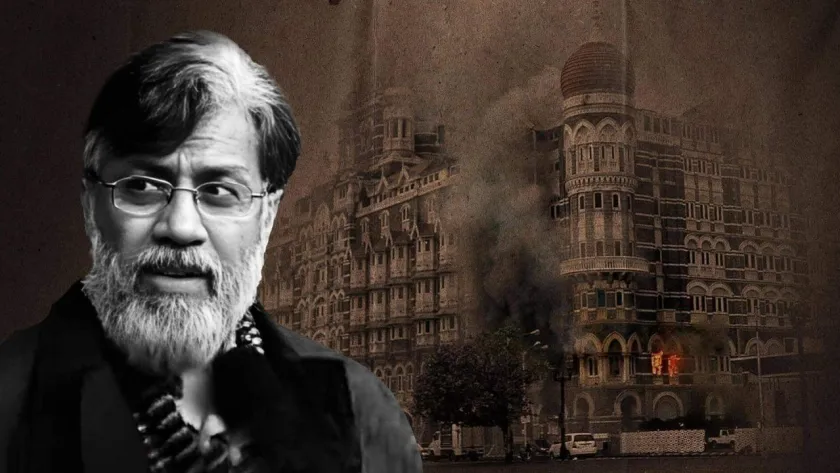
US Supreme Court Rejects 26/11 Accused Tahawwur Rana’s Plea to Block Extradition to India
2025-03-08



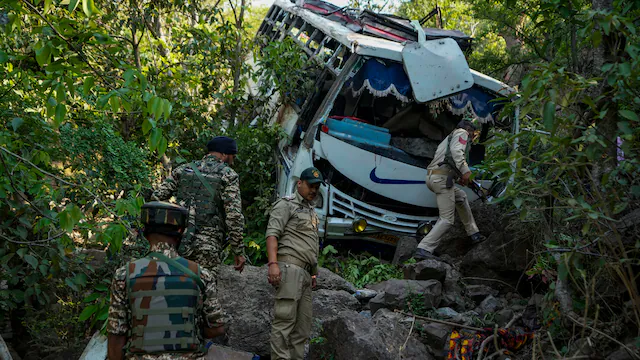
















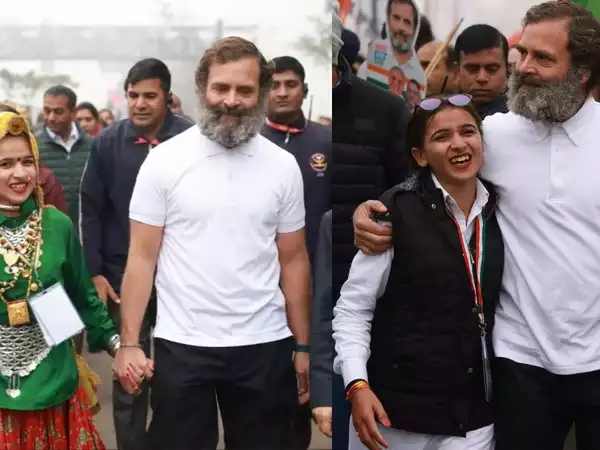

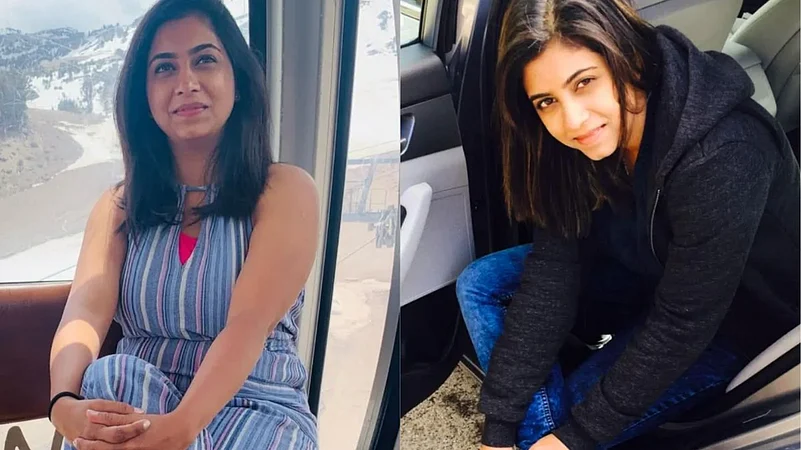
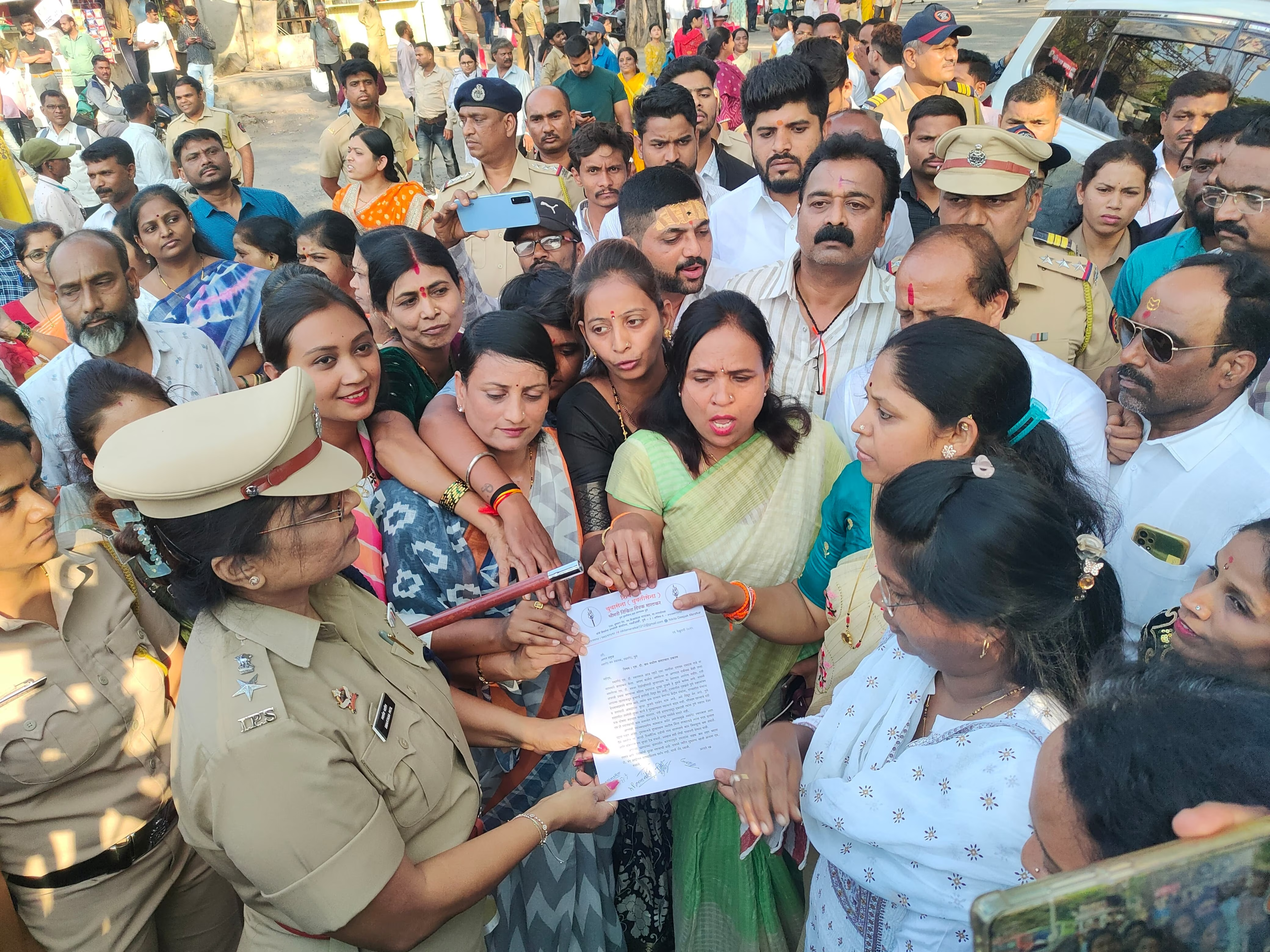

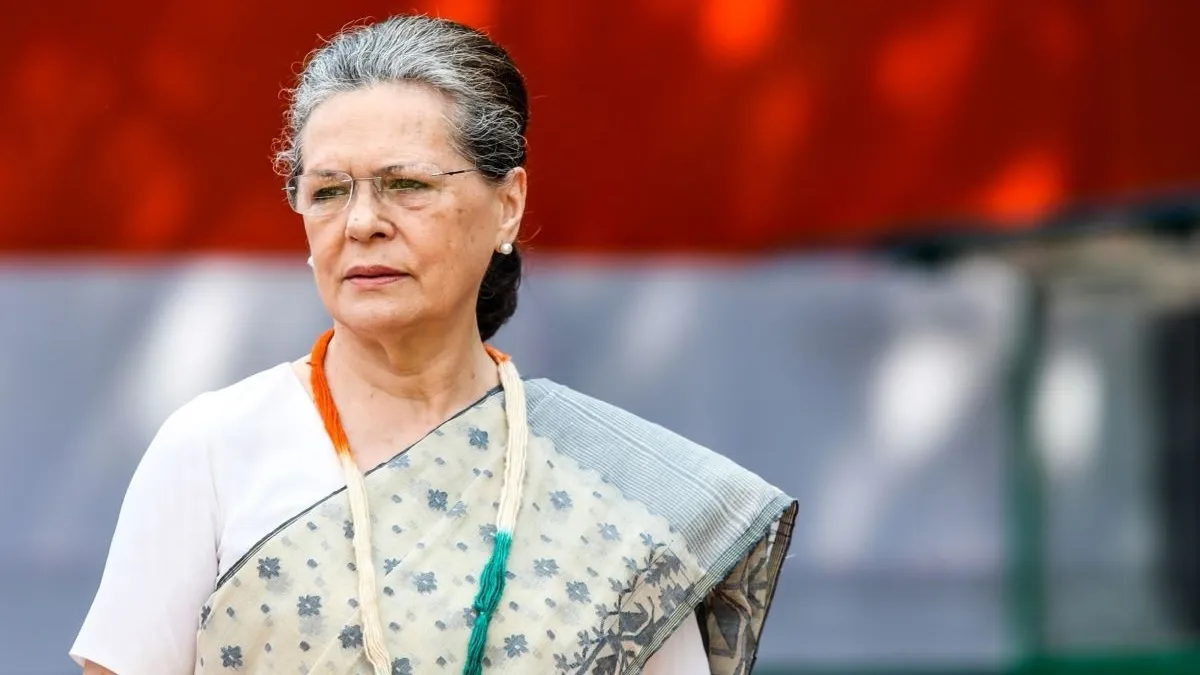
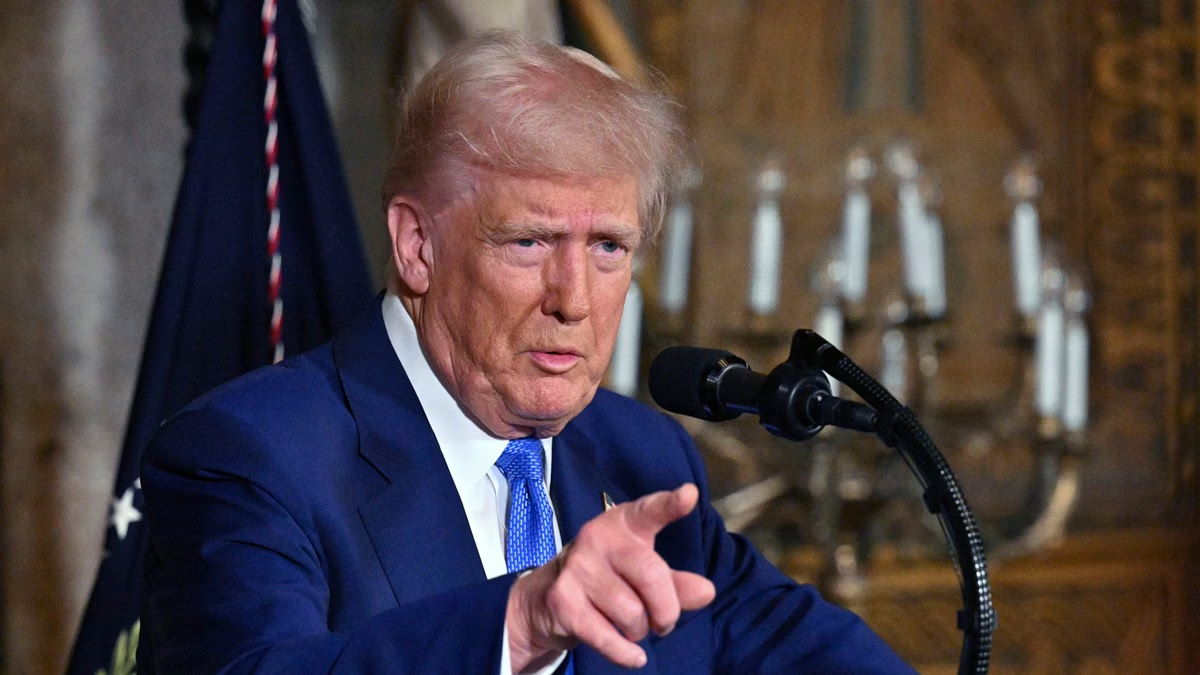
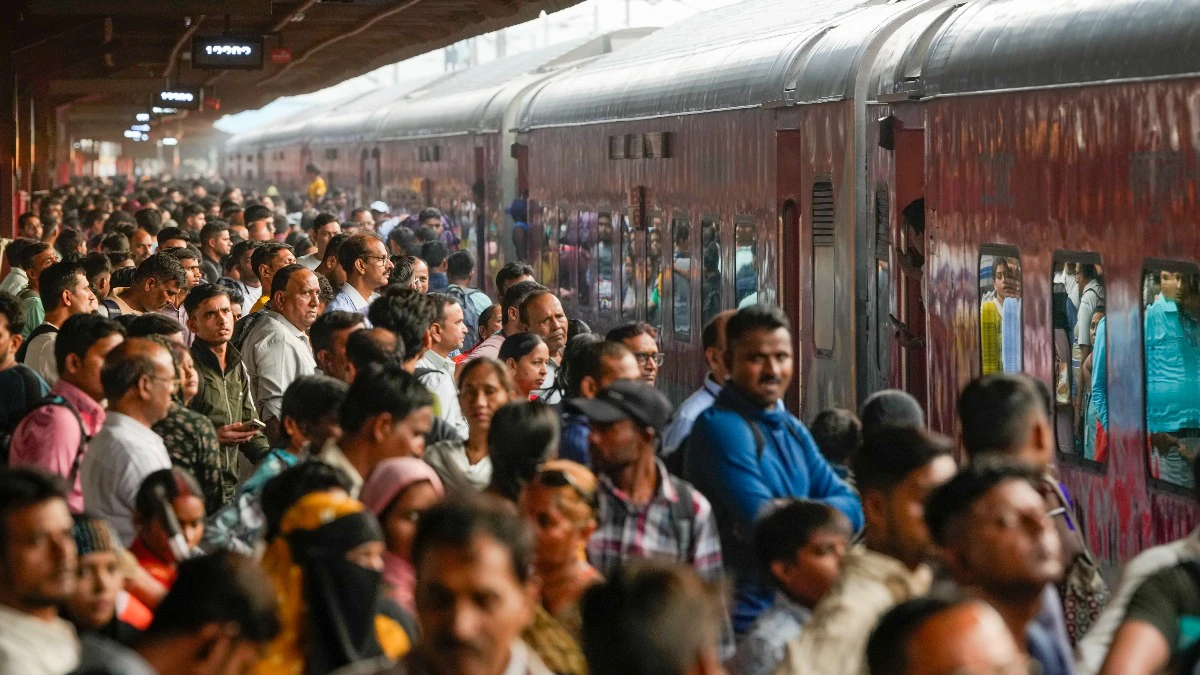













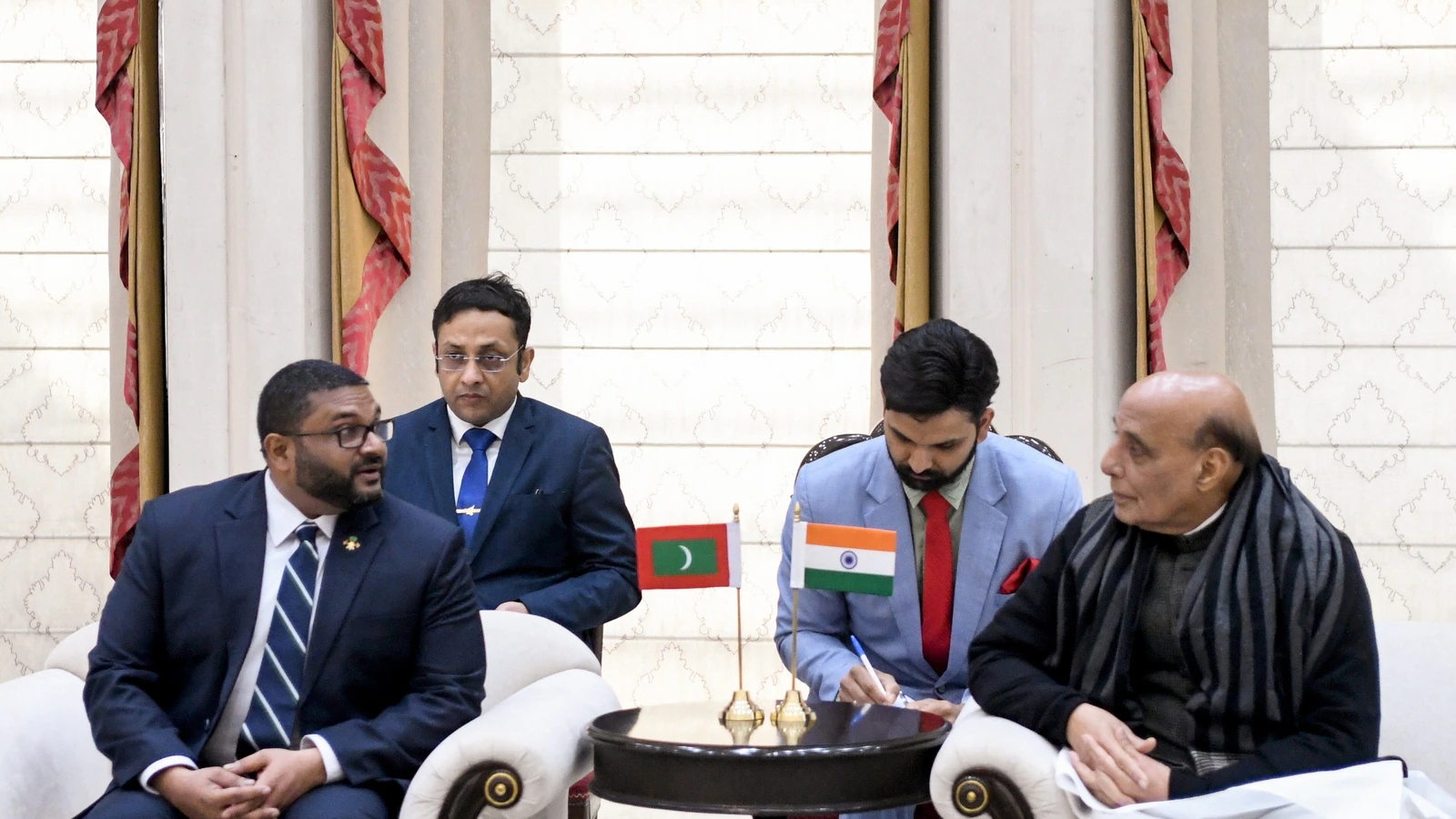

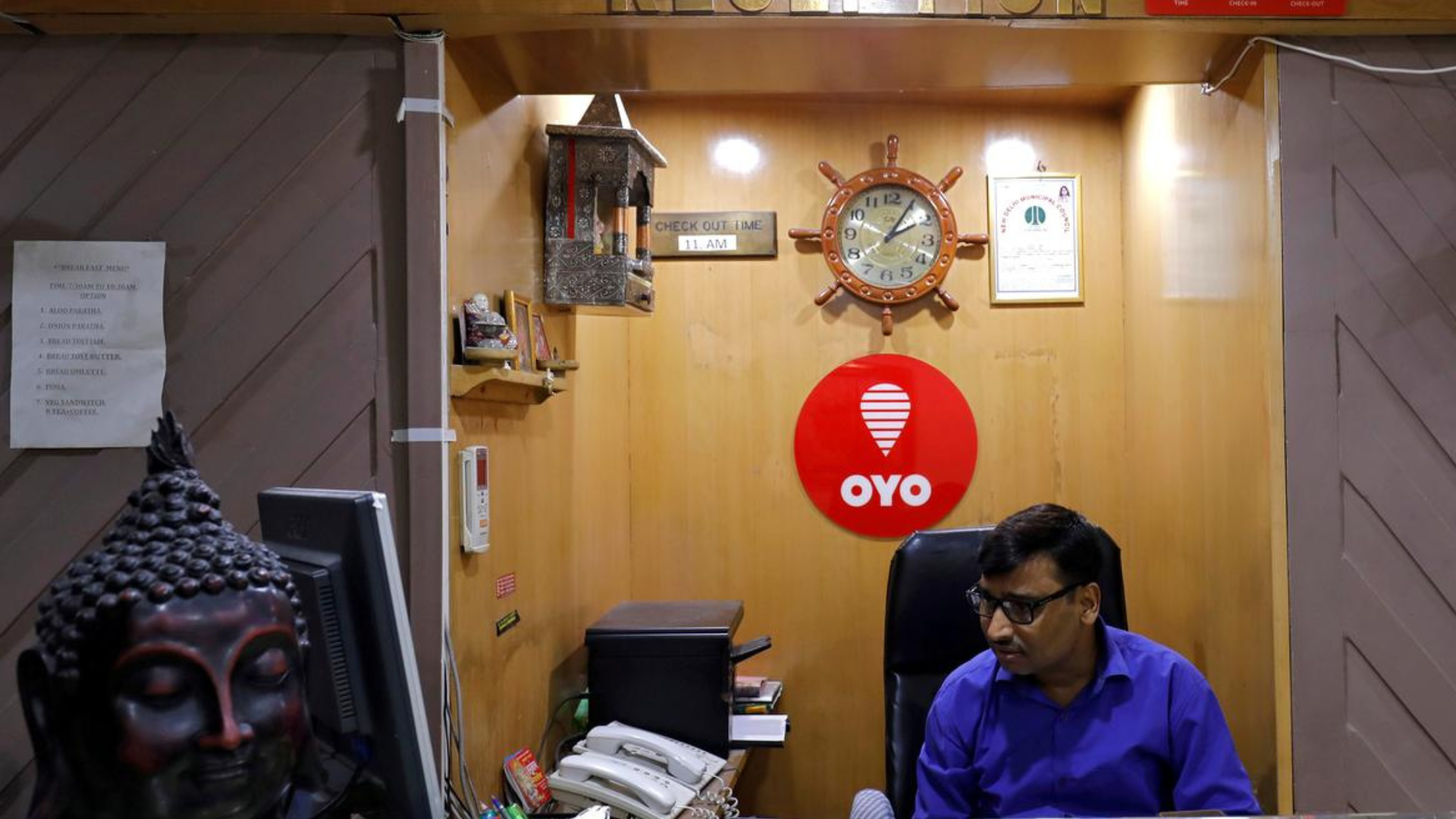

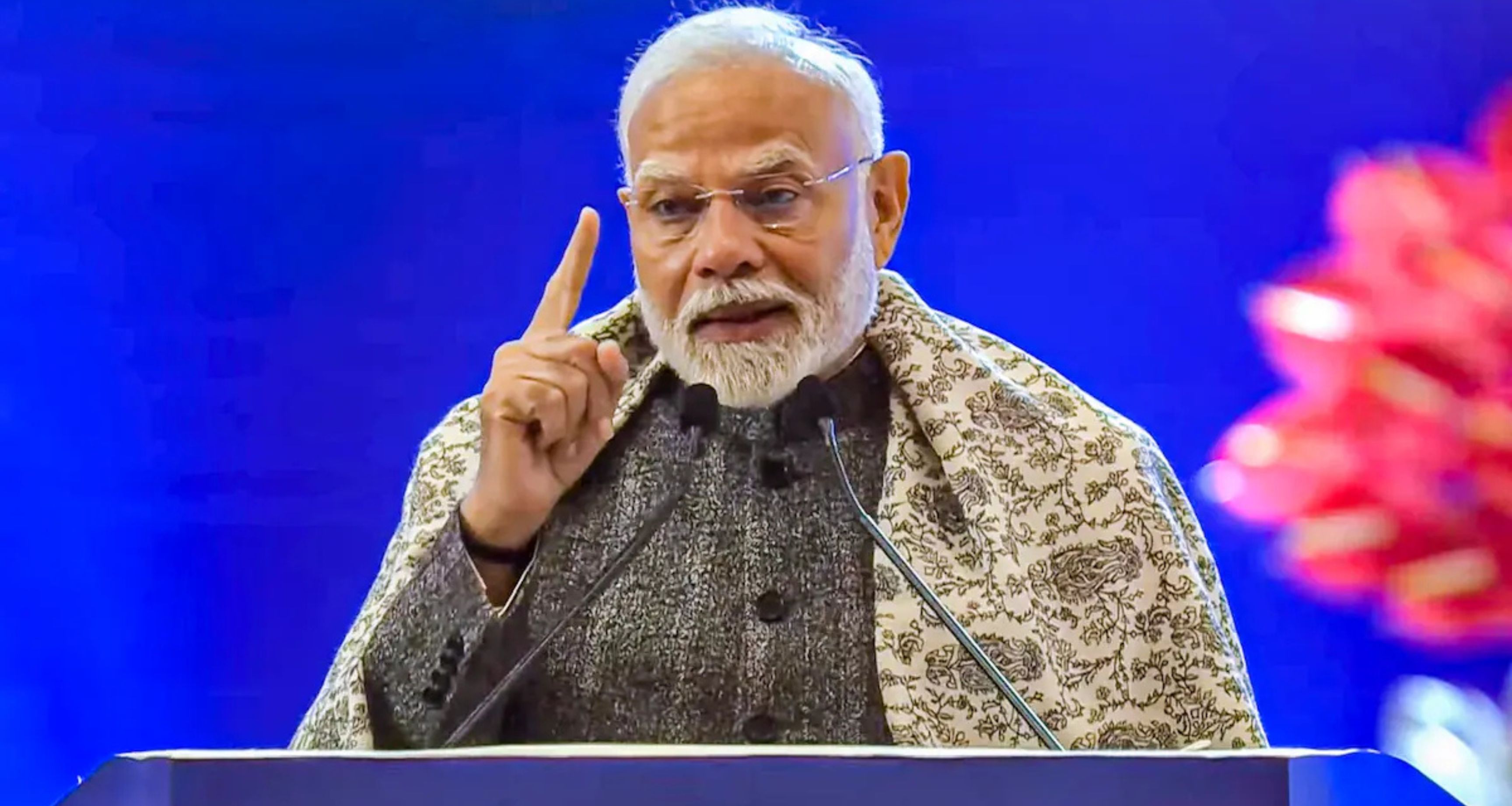
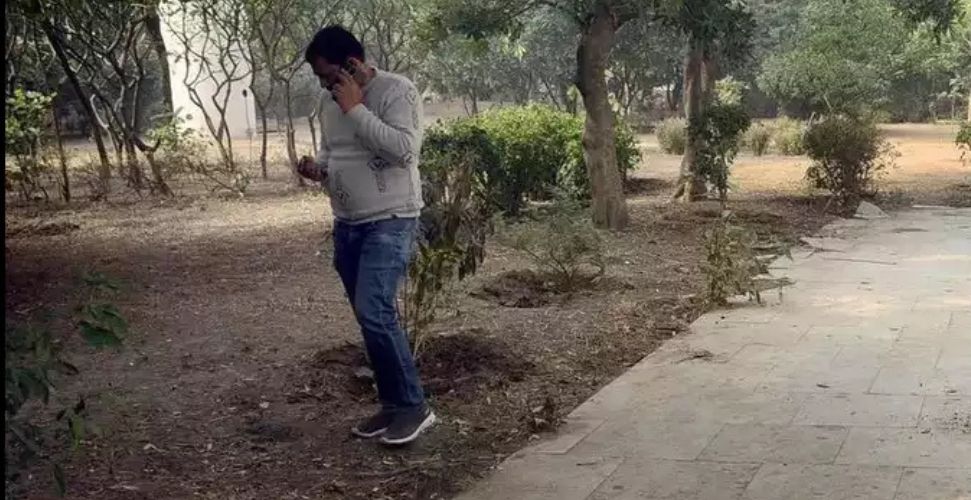

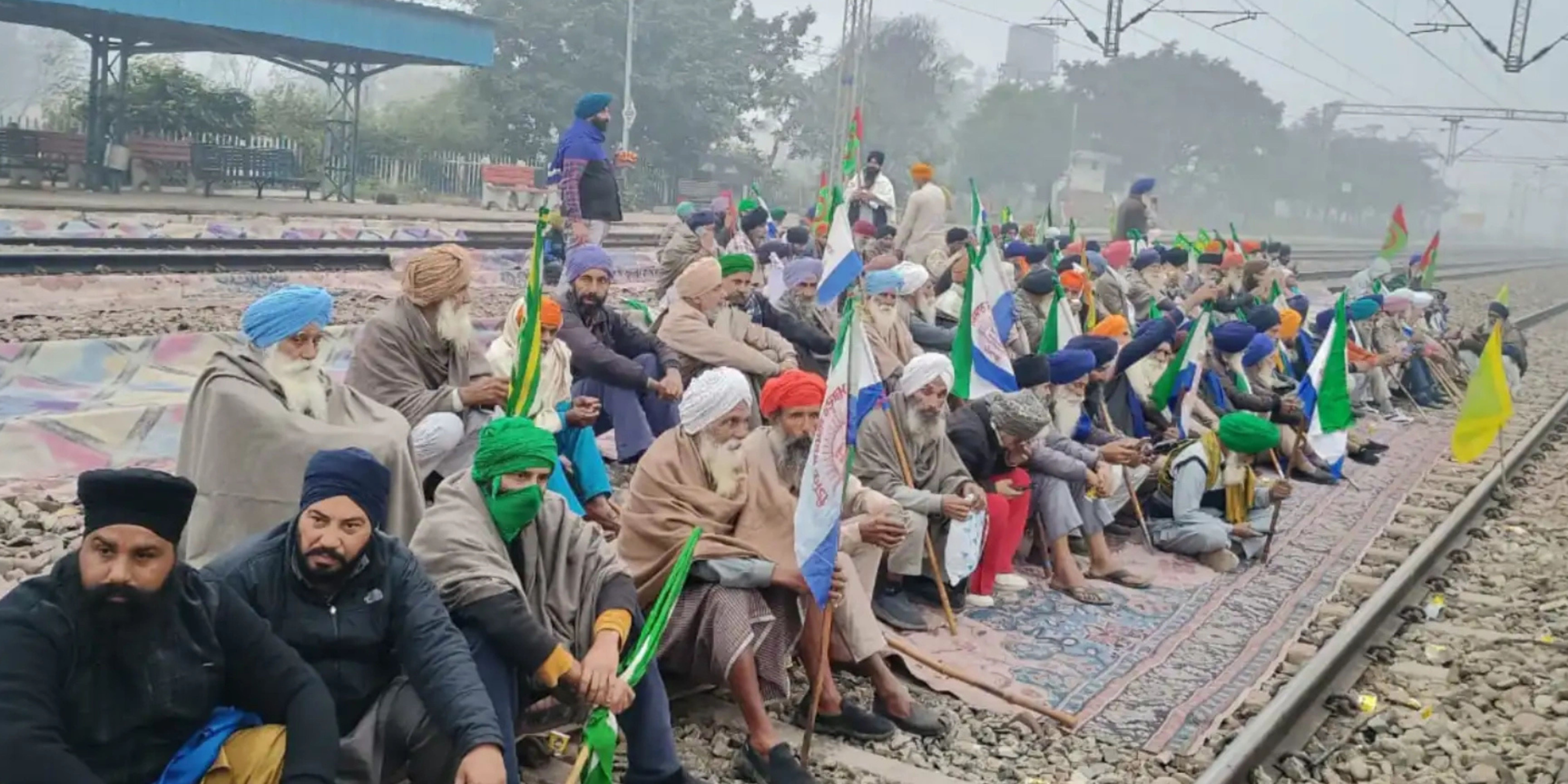
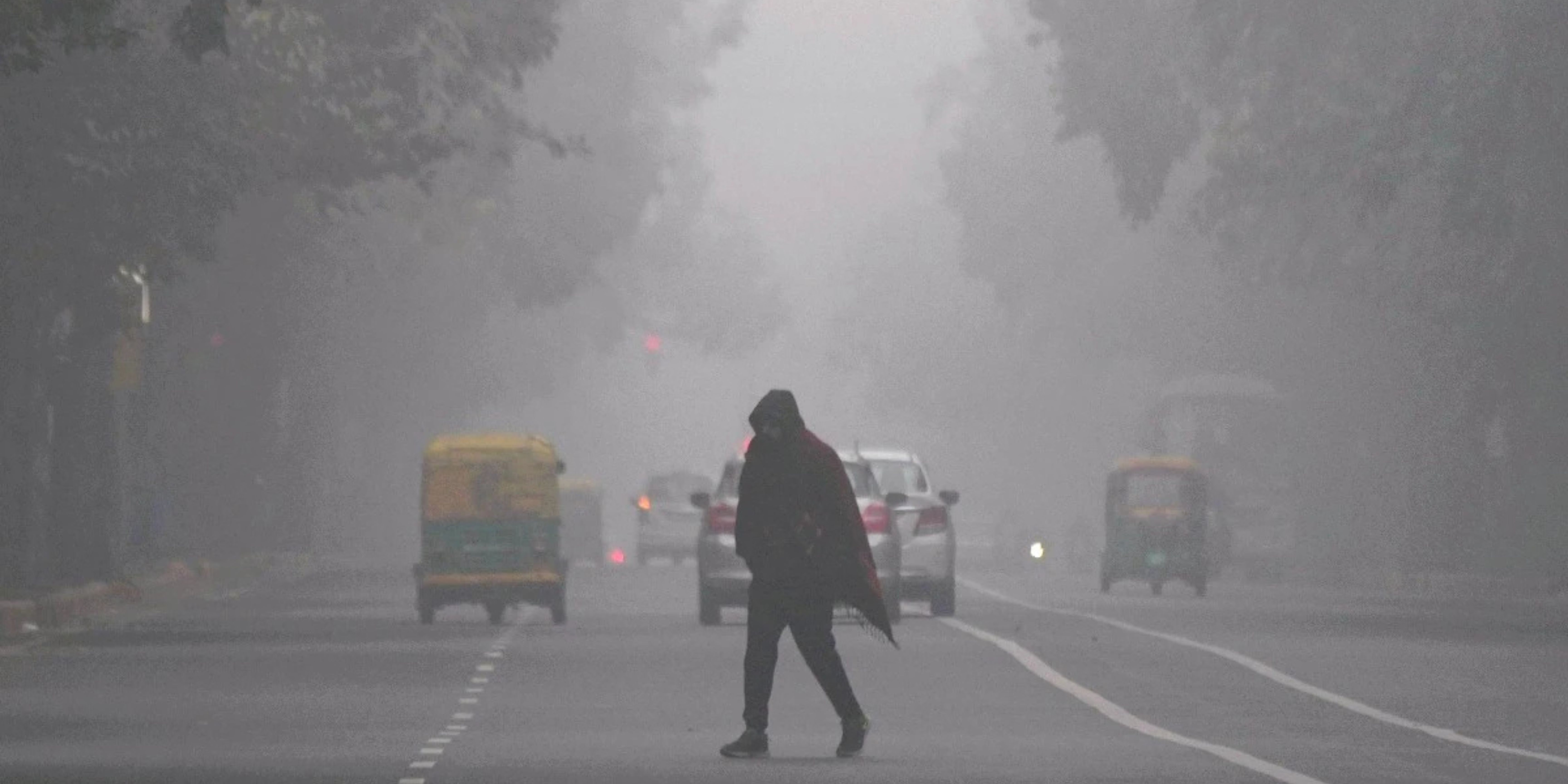


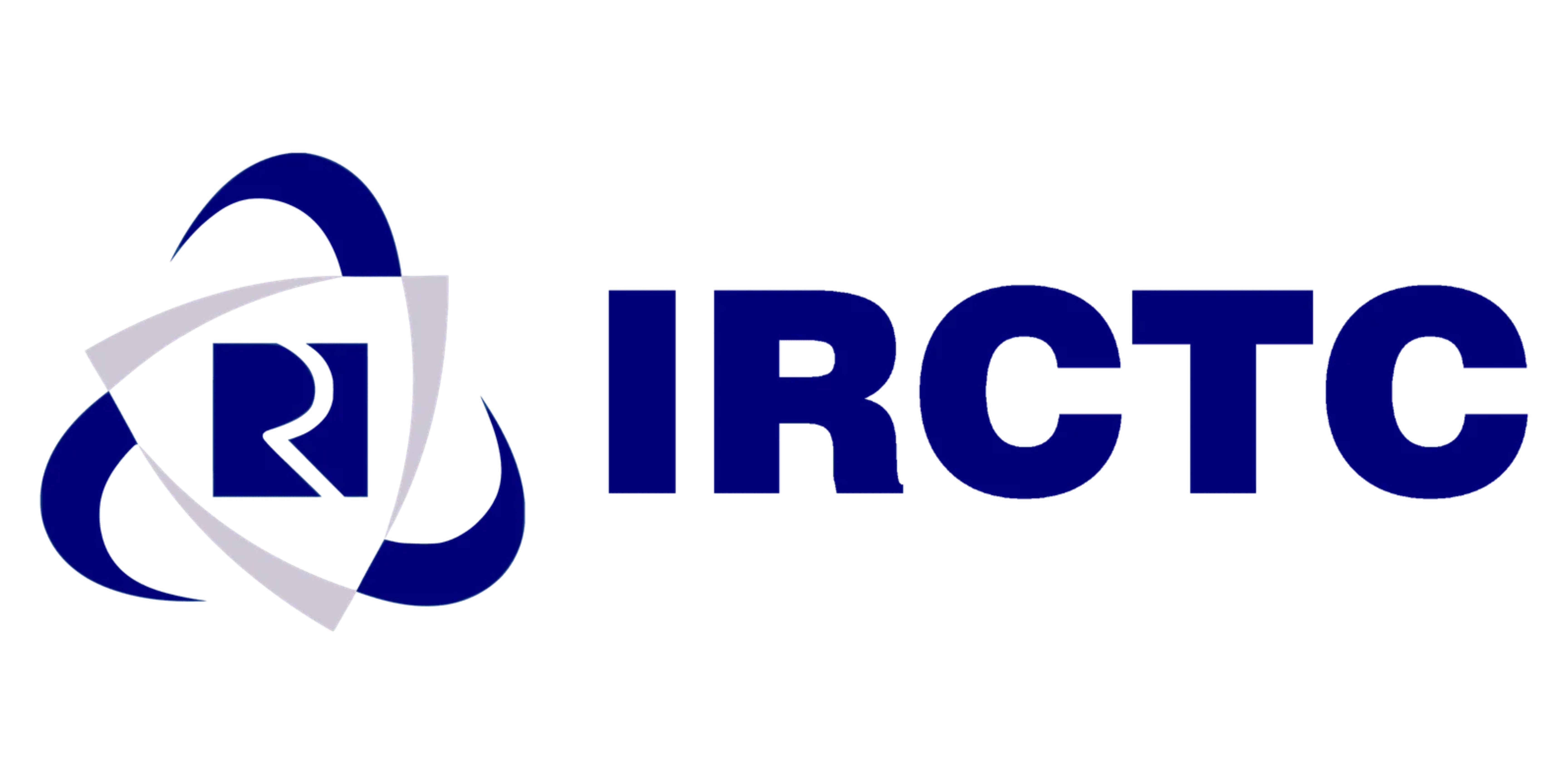
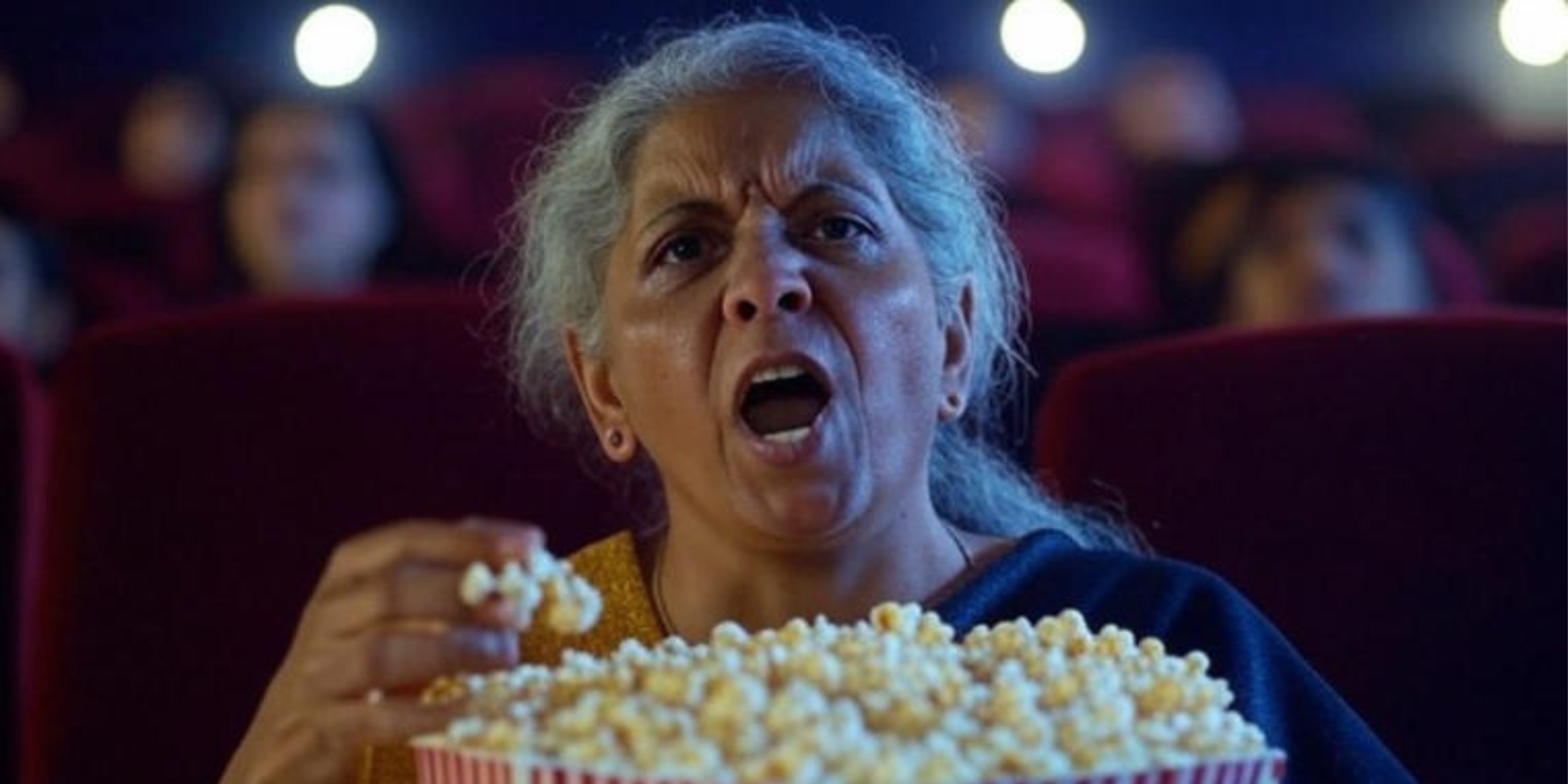
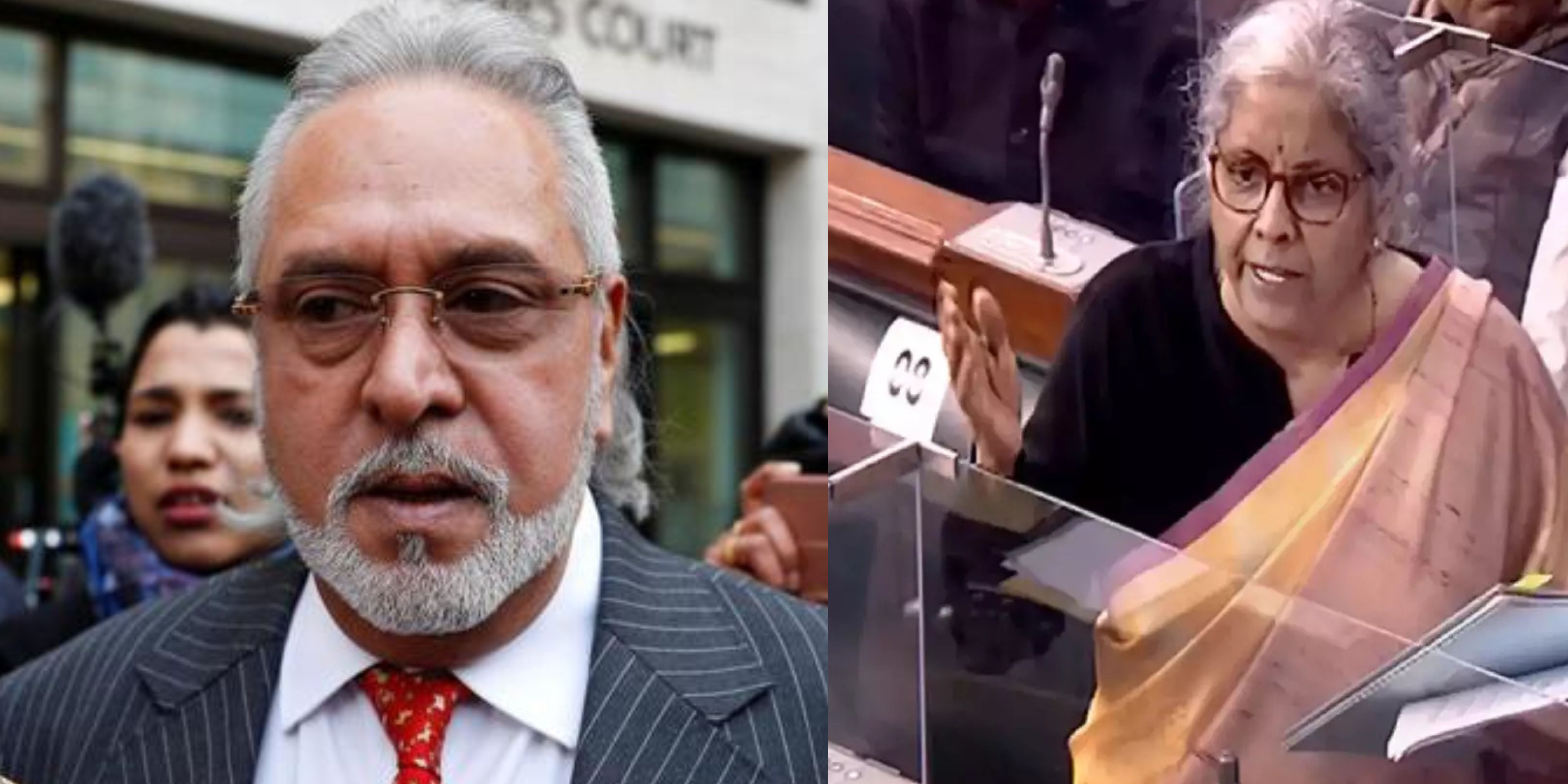

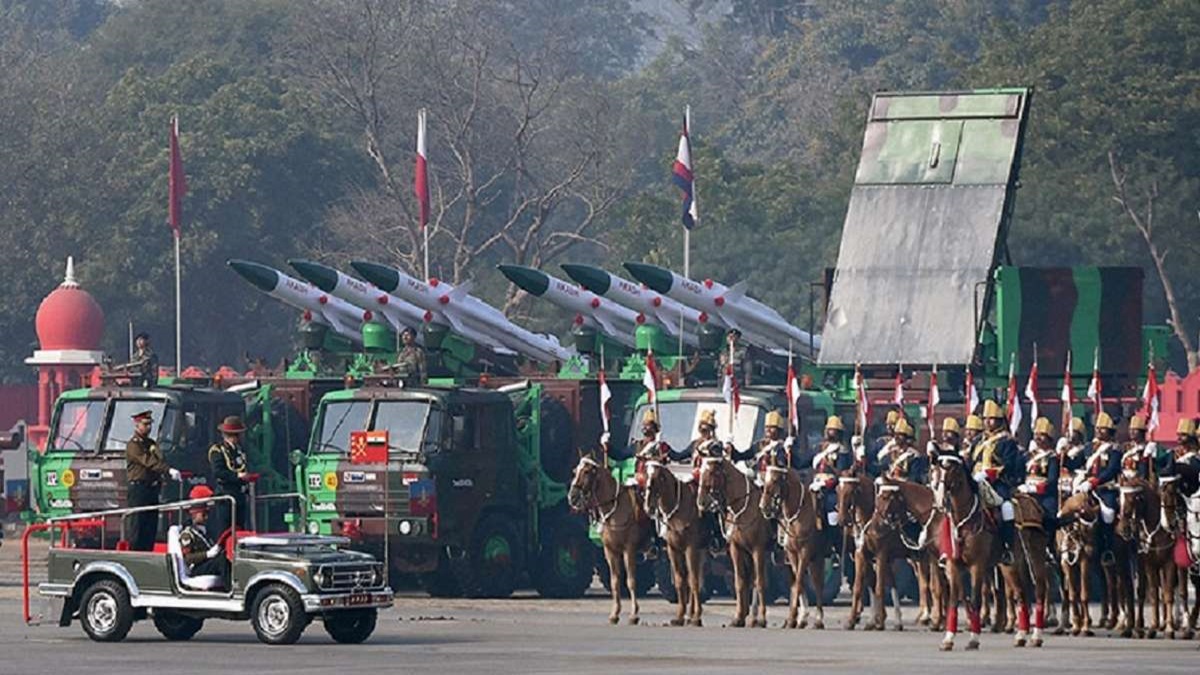

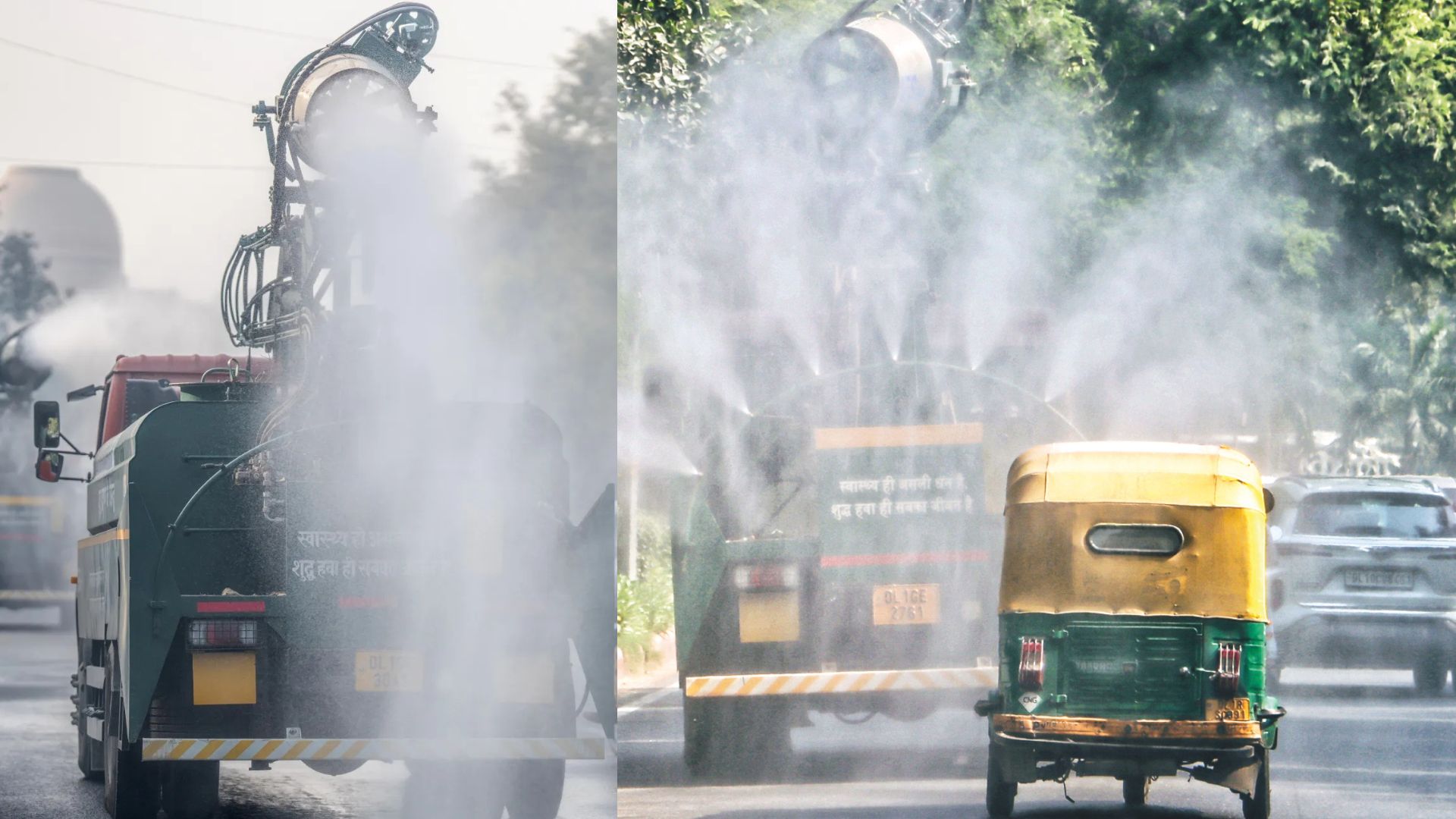
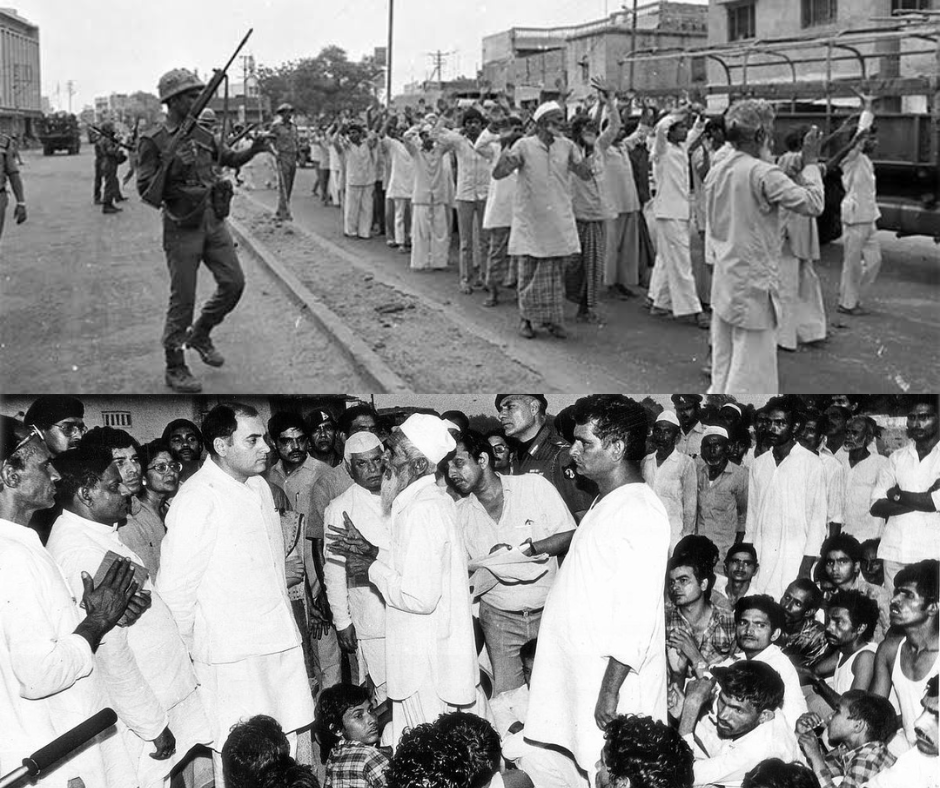




.jfif)
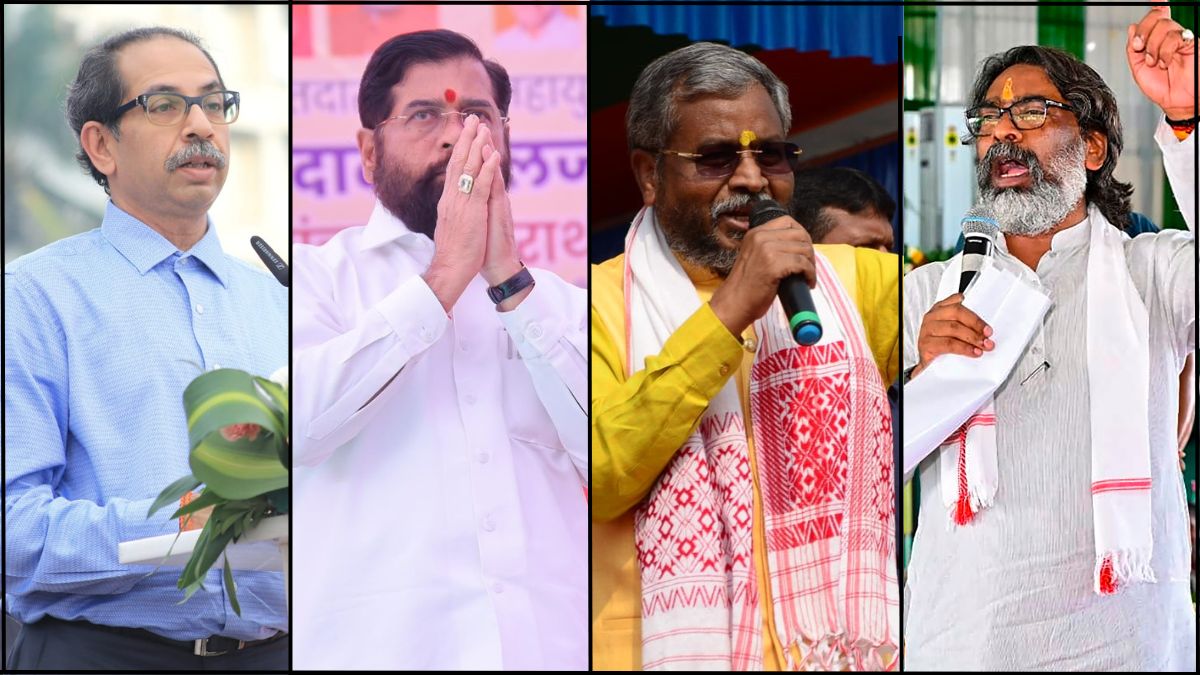
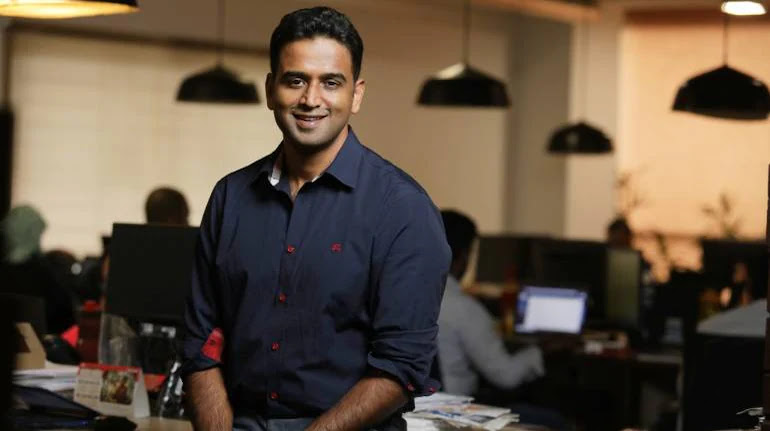

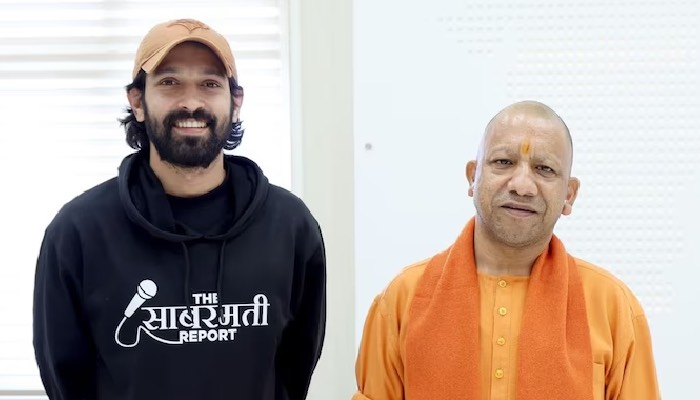
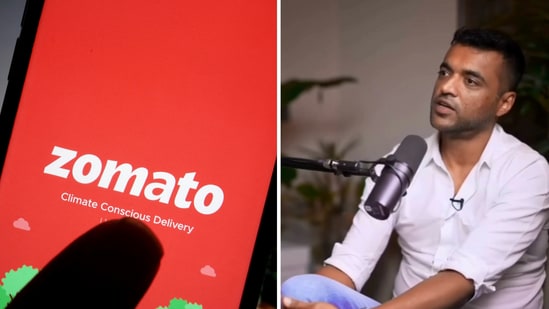
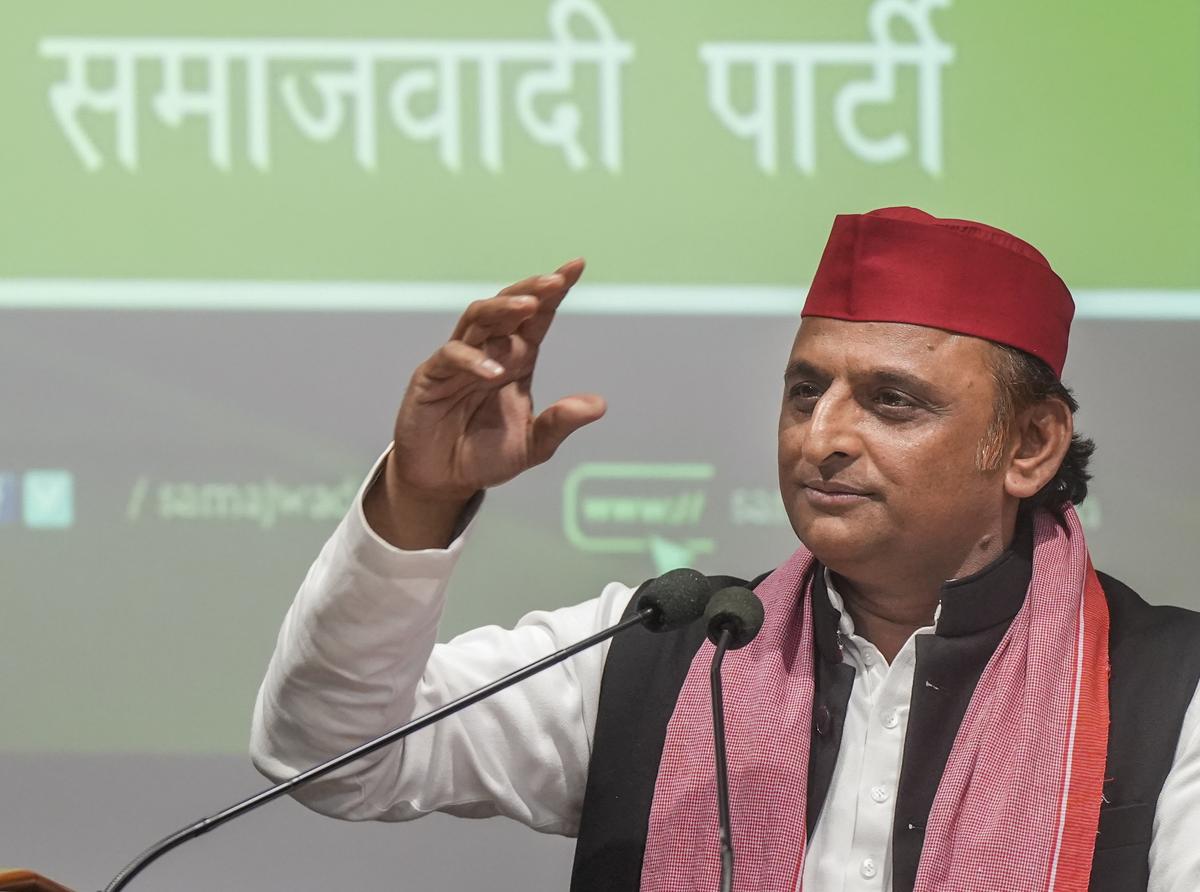

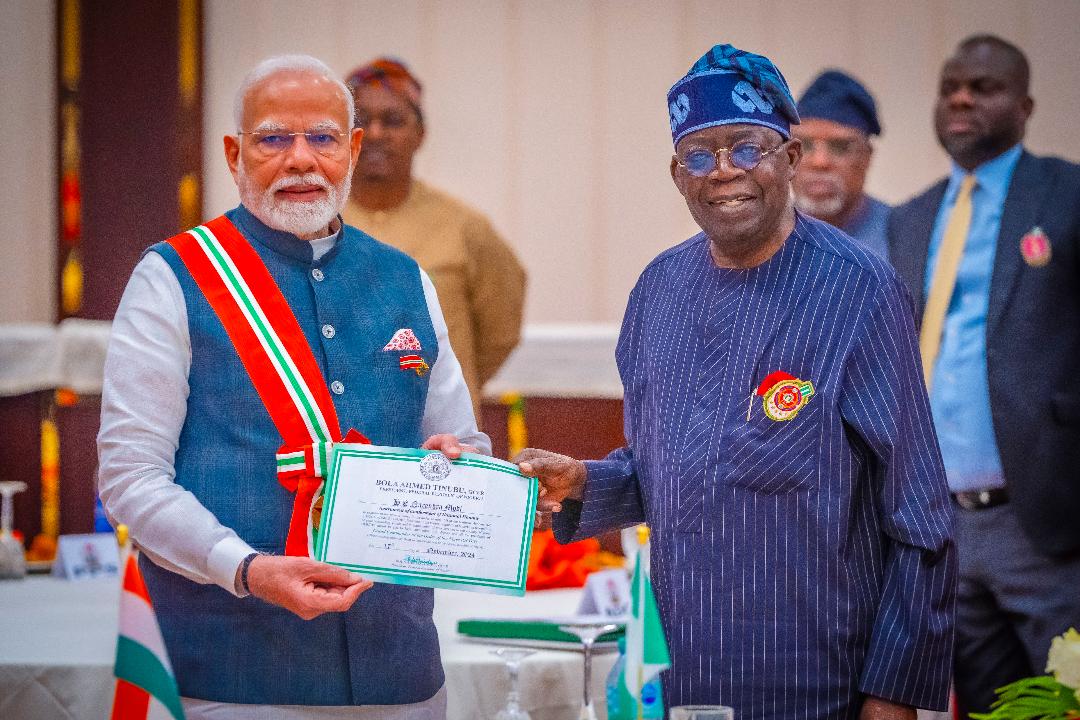

.jpg)


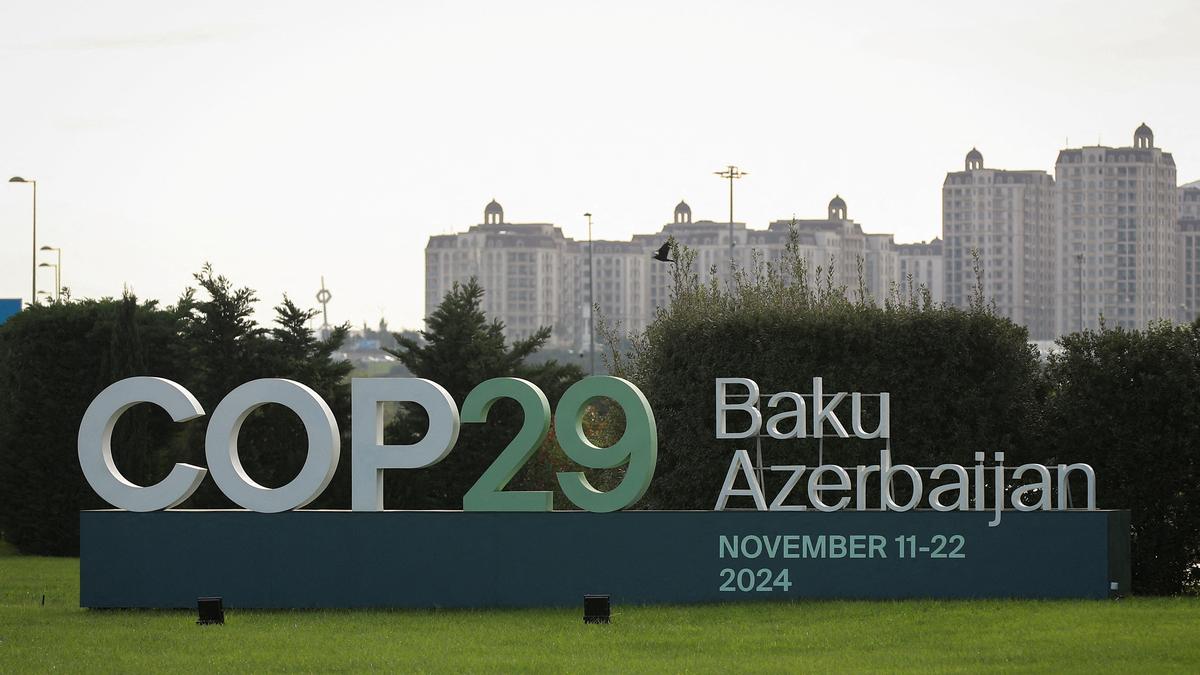

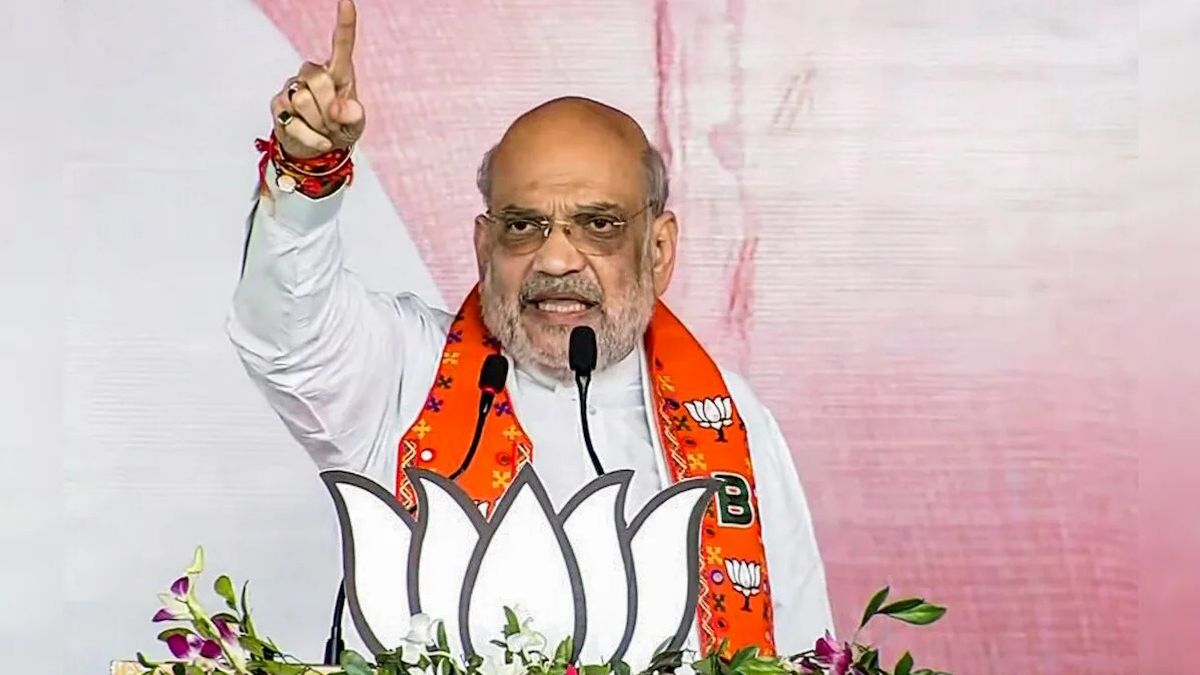
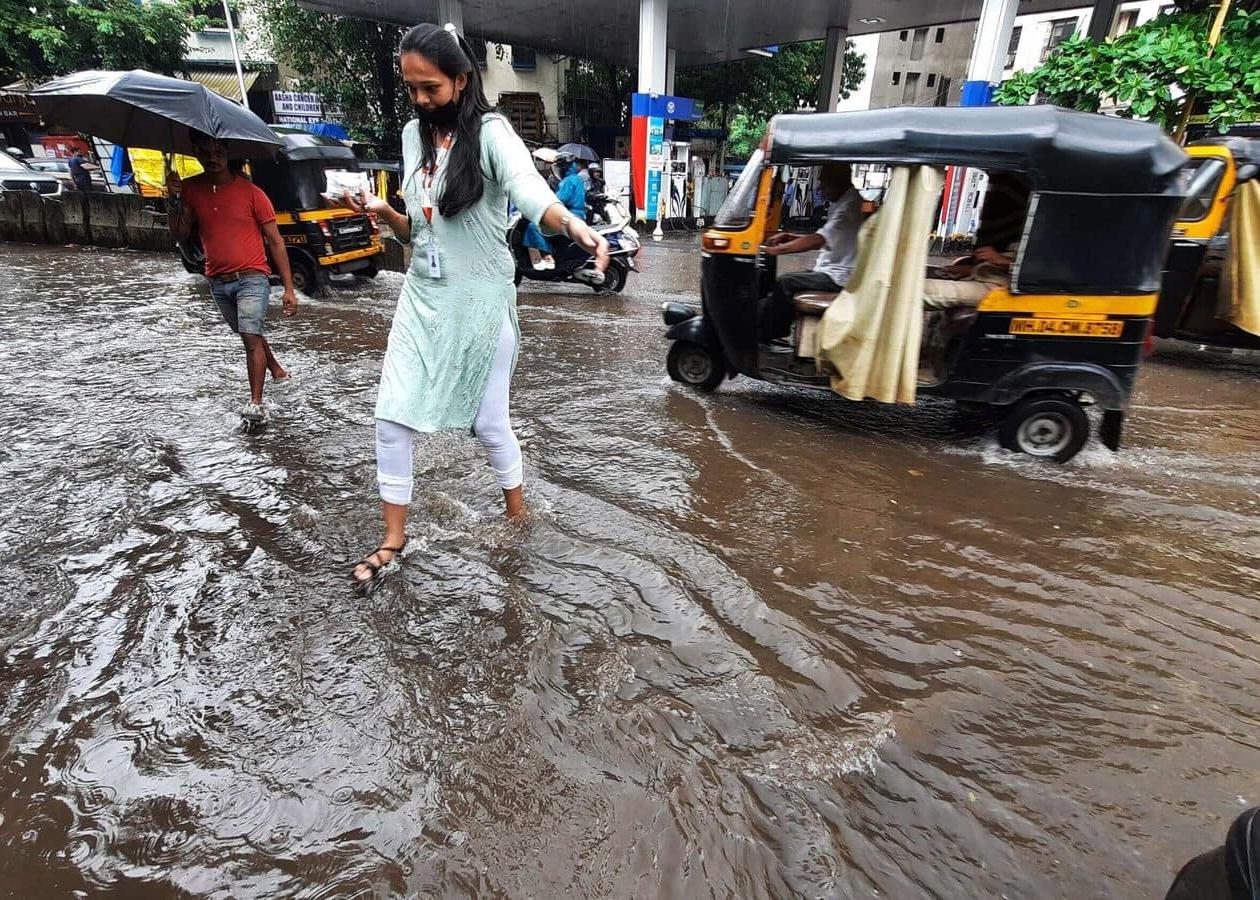
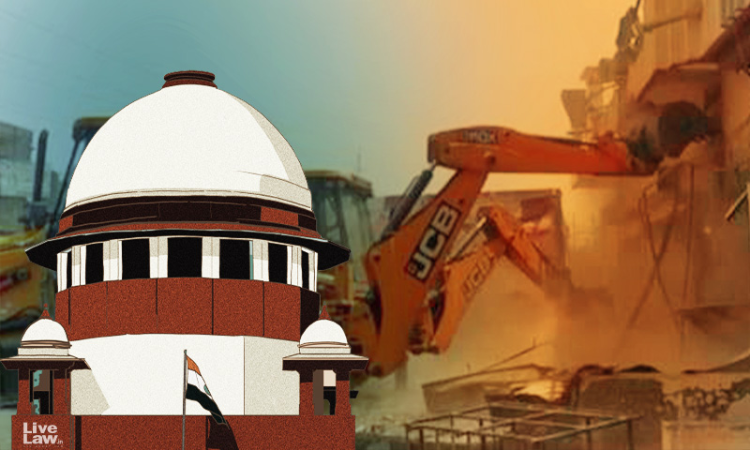



























































































.png)
 (1).png)























